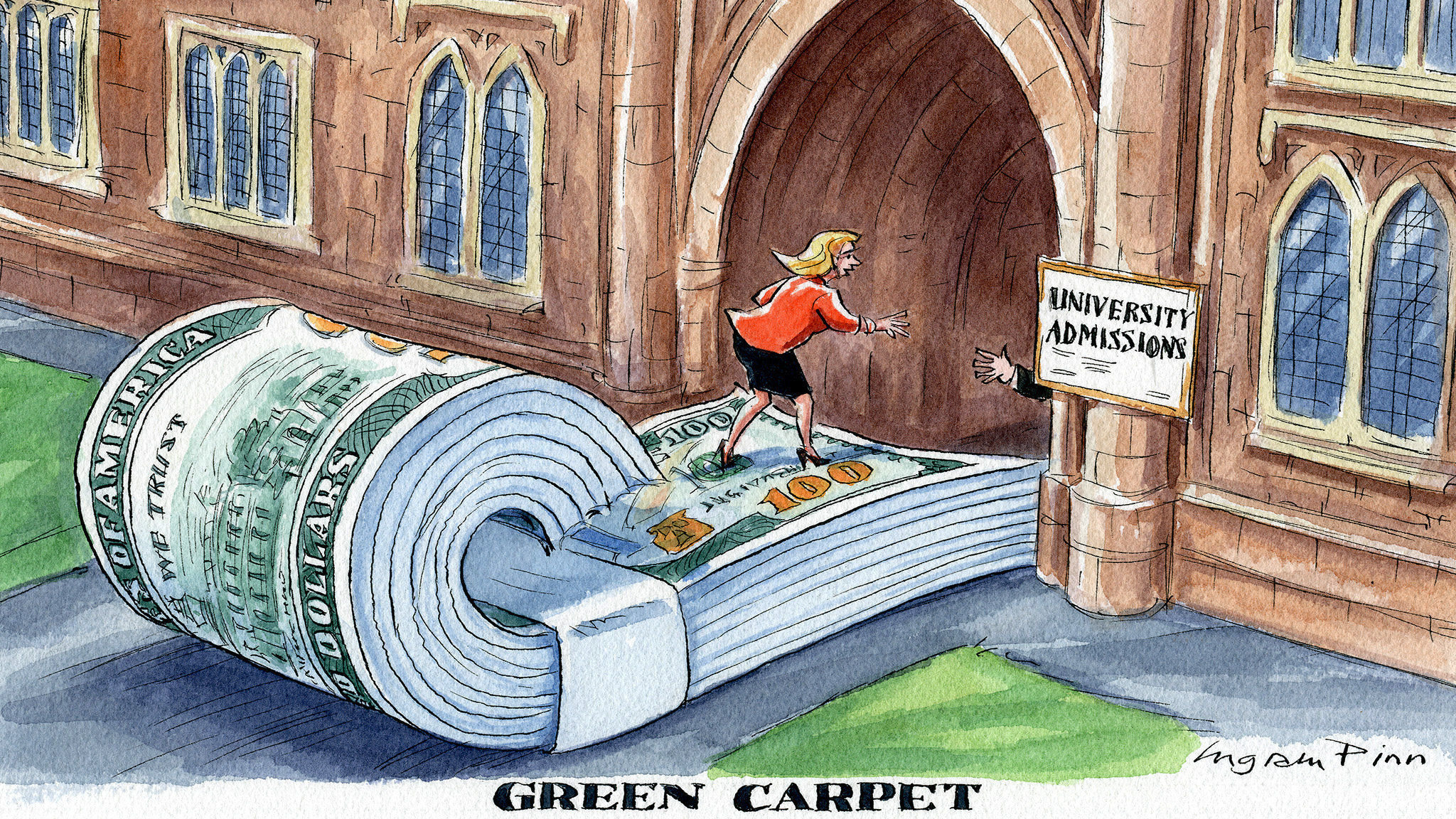By Andreas Gkoumplias,
To say that attending a college is nowadays an indispensable part of an individual’s life would be an understatement. Not only is it a priority amidst young people who aspire to learn and dive into the expertise of a subject, it is also necessary for a long and prosperous career and to have some working stability. As an added bonus, it is the beginning of an independent life for most people, especially if they are moving out, the beginning of an adventure that provides knowledge, connections and good times.
There are different ways to be accepted by a college. In countries like Greece, the education is free of charge (except for private colleges where tuition is needed), with the only requirement being the success in a series of exams to get in. In countries like the USA, when a student finishes high school, he applies for the college(s) of his interest and if he is accepted, he has to pay a tuition fee (hence why so many students have student loans in the US). Naturally, you have to get lucky sometimes in order to be accepted by a college of your choice, which makes some people think ‘’What can I do to increase my odds/my child’s odds of making it to a prestigious college?’’.

In 2019, one of the most sketchy and questionable scandals unfolded in the US. A man named William Singer, working as a college admissions counselor, was given over 25 million USD, in order to secure college positions to wealthy families’ children into prestigious colleges around the country like Yale, Stanford etc. Operating under the ‘’Key Worldwide Foundation’’, his own nonprofit foundation, he practically promised a good chance for the right price to people seemingly struggling to get accepted to college. Parents (usually of wealthy background) would pay an amount ranging from 250,000 to 400,000 dollars to his nonprofit organization, then would be given to different coaches and trainers to accept certain students as recruited athletes, in order to facilitate their college admission. The problem here is that most, if not all of these students, who were privileged enough to participate in that scheme, were never athletes in the first place, practically taking advantage of the fact that if you practice a sport you can get accepted easier into a college of your choice. Interestingly enough, Singer covered another important aspect of getting into a college that was an issue, and that is the low SAT scores. Allegedly, Singer covered that too, telling his clients to fake having a learning disability to get special treatment and even paying over 10,000 USD to the exam proctors to alter student answers, in order to succeed to test. Practically speaking, he offered a place at the college almost totally risk free, “taking the back door”, as it was characterized multiple times, to succeed, until his whole operation was revealed at around 2018, when the FBI caught up to him and tore his business to shreds.
How ethical was that whole operation? Well, not at all. Once again, everything was desecrated and sacrificed for more and more money, by people who had the means of doing it. Of course, the public condemnation was huge in this controversial situation, rightfully so, as non wealthy families felt like their much deserved positions were being hijacked by wealthy people who had the power to do so. It felt like completely removing the competition to get into the college of your choice, for most families, who didn’t have the resources to fight back, and in a society that provides seemingly equal opportunities, that shouldn’t be the case. But it really goes to show what money and good connections can do, unfortunately in a bad way. And being one of the thousands instances where money actually prevails, if we want to make a positive change to the way things operate, we have to try hard and for a long time.
References
- The college admissions scandal that shook Higher education. bestcolleges.com. Available here
- Why go to university? makehappen.org. Available here




